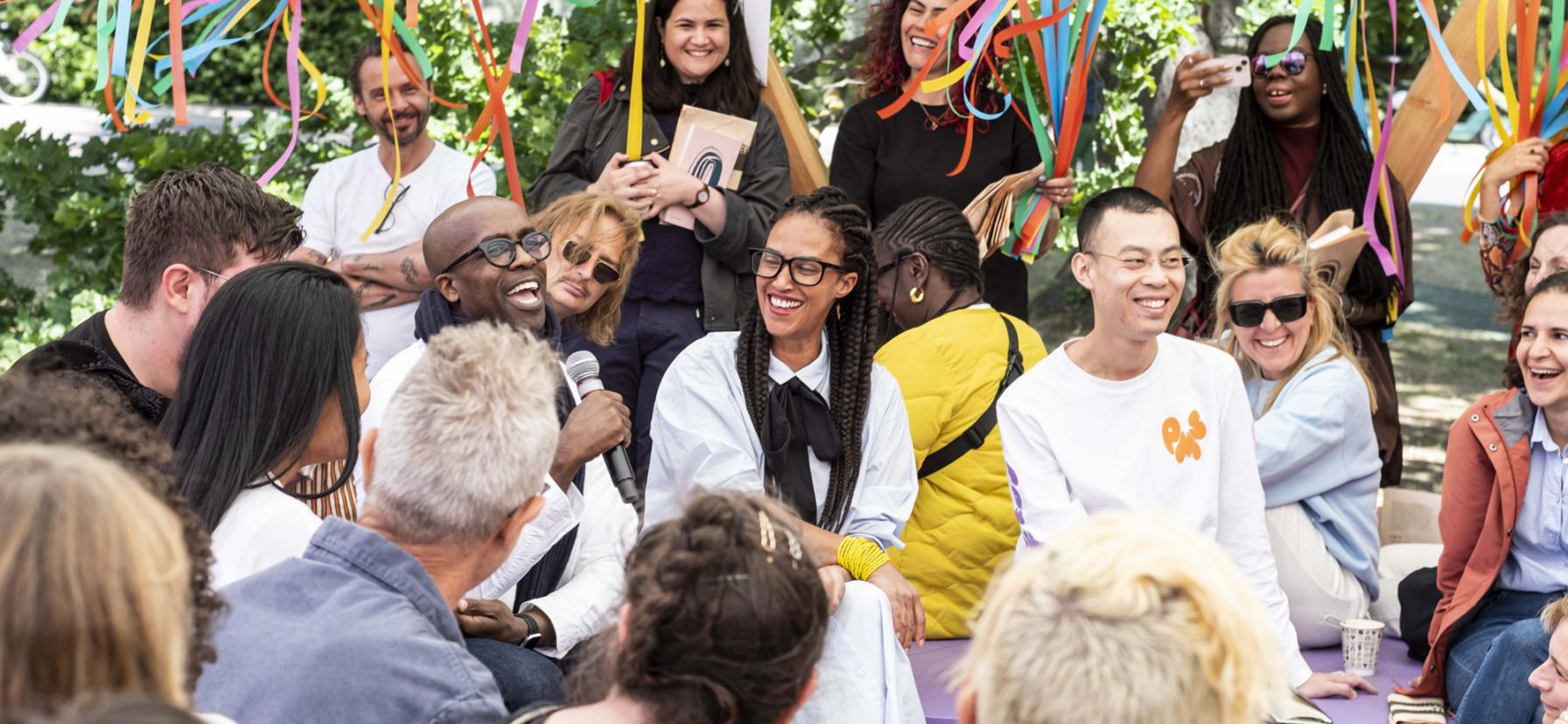Decentring the Art Institution for a Postmigrant Society
Migration has been a key factor in the (re)shaping of societies in many parts of the globe. In a European context, societies have become sites of social contact and conflict, and their populations have become culturally pluralised. This seminar aims to explore how contemporary art institutions are responding to the transformative impact of migration.
The aim of the seminar is to enable discussion of how critical approaches to contemporary institutional practices can engage with the friction-filled struggles over issues of identity, community and history that characterise today’s culturally diverse European societies. Taking into consideration the rise of xenophobic and racial violence, and the widening gaps in class and economic realities in European societies over the last decades, focus will be directed towards institutional practices that seek to actively counter these tendencies by focusing on equality, hospitality, positionality, pluriversality, radical sharing and the creation of transversal alliances based on solidarity.
In that sense, the seminar Decentring the Art Institution for a Postmigrant Society will explore how contemporary art institutions are dealing with the fact that society has been, and continues to be shaped by migration: not only by experimenting with new exhibition formats and collecting practices, but also by aiming for fundamental structural changes and institutional transformations.
Theoretically, the seminar will examine the relationships between the concepts of decentring and the ideas of post-migration, and seek to explore the conjunctions between these perspectives. In recent years, the concept of decentring has helped initiate a shift in perspective, aimed at jettisoning entrenched Western, Eurocentric, classist, white and male hegemonies. Simultaneously, post-migration has paved the way for a new understanding of migration as a phenomenon, which concerns all parts of society, and which cannot therefore be limited to minority cultures.
In particular, the seminar will investigate how curatorial and institutional practices operating in a European context, in parallel to, or in correspondence with different regions of the Global South, engage with their colonial legacies to reflect a more accurate decolonial history: how they negotiate the societal conflicts created by the need to learn and how to live together in socio-cultural diversity and difference. Applying a transdisciplinary approach and operating at the intersections between theory and practice, the seminar will examine how these negotiation processes manifest themselves in today’s migratory societies.
Speakers
- Rolando Vázquez, Professor of Post/Decolonial Theories and Literatures, University of Amsterdam and Co-director of the Maria Lugones Decolonial Summer School hosted by the Van Abbemuseum
- Natasha Marie Llorens, Professor in Art Theory, Royal Institute of Art, Stockholm
- Bonaventure Soh Bejeng Ndikung, Director and Chief Curator of Haus der Kulturen der Welt (HKW) in Berlin and Chief Curator of the 36th Bienal de São Paolo
- Karen van den Berg, Professor of Art Theory & Curating, Zeppelin University
- Nina Möntmann, Professor of Art Theory, University of Cologne
- Sabine Dahl Nielsen, Assistant Professor, Department of Arts and Cultural Studies, University of Copenhagen
Admission to the seminar is free, and no reservation is necessary.
Concept by Sabine Dahl Nielsen in collaboration with Nina Möntmann.
The seminar has been organised in connection with the publication of Nina Möntmann’s book Decentring the Museum. Contemporary Art Institutions and Colonial Legacies (London: Lund Humphries, 2023), and the development of Sabine Dahl Nielsen’s ongoing research project, Transcultural Contact Zones: Negotiating the Role of Art Institutions in Contemporary Societies Characterised by Migration (2023-2027), funded by the Novo Nordisk Foundation.
Contact
Union
Nørre Allé 7
Contact person
Sabine Dahl Nielsen, Københavns Universitet
